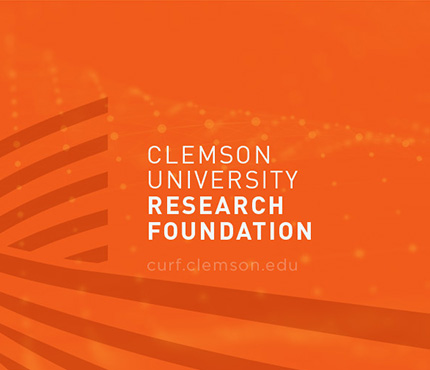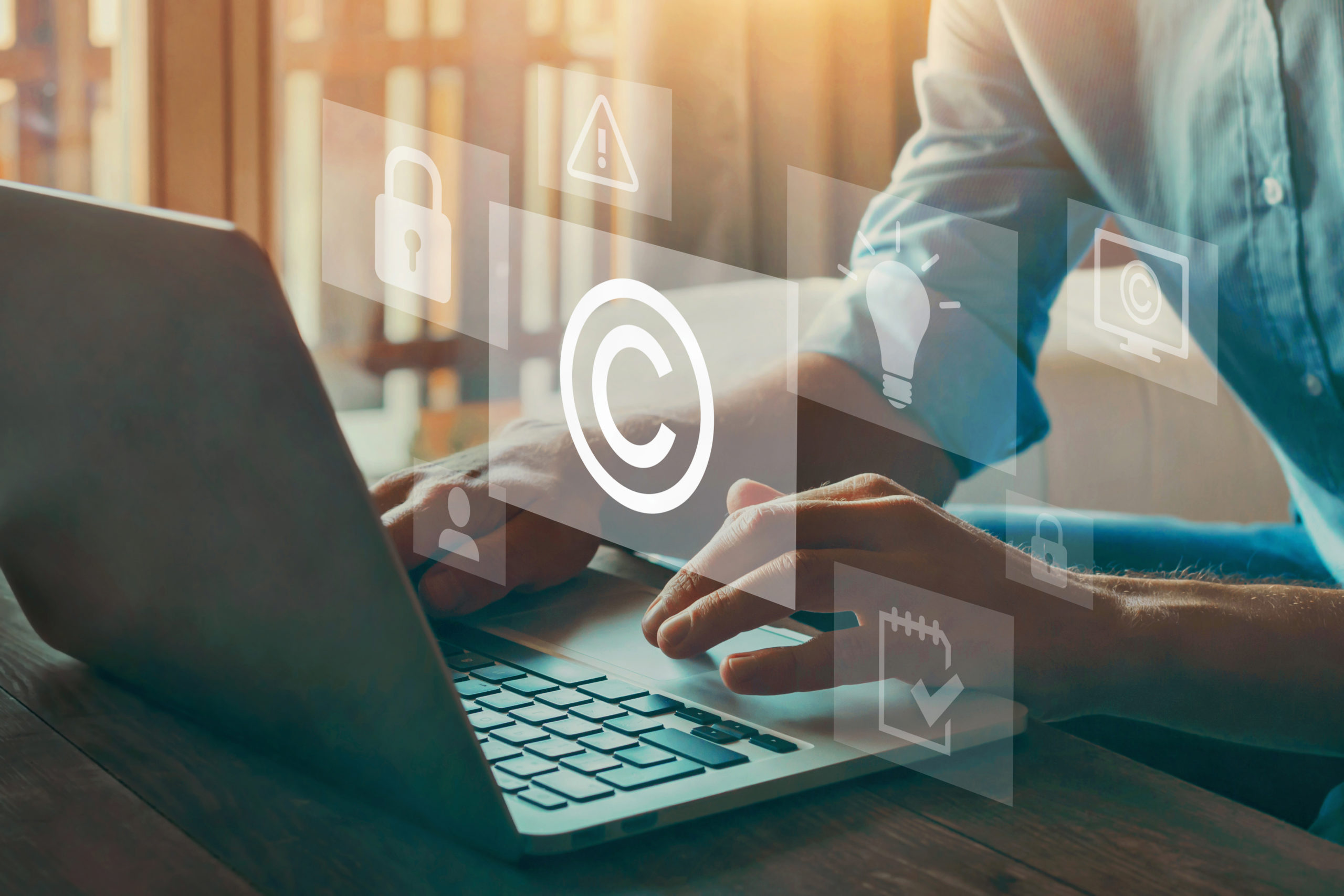Dear Colleagues,
We often receive questions about who might potentially own the copyright in works created here at Clemson, particularly those that involve students. A copyright is a form of intellectual property protection associated with creative works such as literary, artistic or educational works and software. Ownership of a copyright gives the owner the right to reproduce, distribute, perform, display and modify (create derivates) the original work. Ownership of inventions such as new materials, devices, or algorithms are treated differently under patent law and are best kept for another discussion.
Under copyright law, the general rule states that ownership of the work first vests in the person who actually creates the work. That person is considered the author of the work. Multiple people who come together and create a copyrightable work are often considered joint authors and would all have an ownership interest in the copyright.
Under a "work for hire" doctrine, an author's employer often gains ownership rights over the copyrightable work. Copyright ownership automatically flows to an employer when the employee creates a work within the scope of his or her employment. However, someone who is considered an independent contractor would retain copyright ownership unless there is a written agreement between contractor and the hiring party.
Clemson University's stance of copyright ownership is actually more welcoming to faculty and students than the default copyright ownership rules. Under Clemson's intellectual property (IP)policy, faculty members retain ownership rights over most of their academic and educational works. These "scholarly" works include course materials, textbooks, as well as video lectures. Undergraduate students who create copyrightable works in their courses and through Creative Inquiry typically own those works. Graduate students own the copyrights in their theses and dissertations.
There are, however, exceptions where Clemson retains ownership of works created by faculty and students. Works that are created under sponsored projects, contracts, commissioned works and specified projects with direct allocations of funds are typically owned by Clemson. This includes works that are created using substantial use of University resources. Clemson also typically owns the rights in software written by faculty and graduate students in performance of their Clemson duties.
CURF often receives copyright disclosures that involves joint authorship by faculty, graduate students and undergraduates. These projects often carry with them contractual obligations from sponsors as well. Despite this complexity, CURF personnel can quickly assess each situation and give guidance to those in need. Many times, all that is needed is to walk the authors through the IP Policy and to discuss joint authorship implications. Other times, placing a simple copyright statement in the footer of the work is all that is needed. More complicated scenarios may require upfront written agreements between faculty members, students and their respective departments.
We recommend faculty and students familiarize themselves with the IP policy as part of any collaborative creative effort. This can be as simple as sending a link to any involved students or may involve a discussion between the faculty member and his or her department chair. If you have any additional questions about the IP Policy or copyright ownership, please submit an assistance request through our Inquiry Intake Form.













